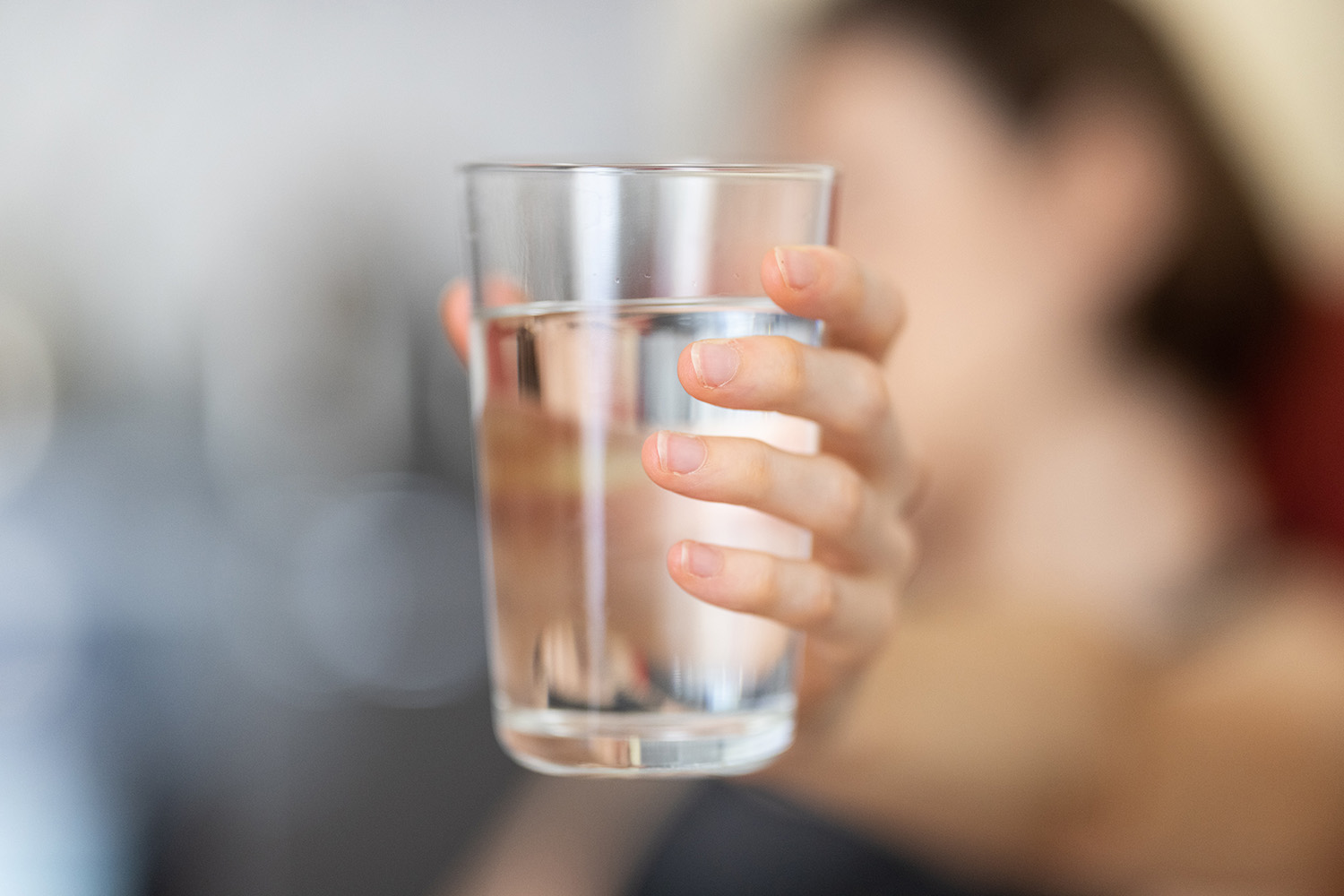Notes:
Dysautonomia is a disorder of the central nervous system. That means issues with regulating heart rate, temperature, blood pressure, etc.
POTS = Postural orthostatic tachycardia syndrome and is a form of dysautonomia. The most simplified explanation is that it’s triggered when you stand up after sitting or laying down. (For example, I often have to remember to stand up slowly after sitting, otherwise I’ll get lightheaded and dizzy.)
POTS is a form of dysautonomia, both of which are frequently seen with Ehlers-Danlos syndrome.
I’ve had so many weird little physical issues throughout my life—it’s hard to keep track of them. But I was discussing Ehlers Danlos and some of my weird issues online, and I had mentioned that I have a pulse oximeter, blood pressure cuffs, and a small EKG reader at home, because I’ve regularly had these phases, or episodes, where my heart rate goes crazy at the slightest thing, my fingertips and hands often feel numb and tingly, I get lightheaded and just feel “off,” dizziness, or full on BPPV (benign paroxysmal positional vertigo). Every time I speak to a health professional and mention my trouble with sleep (specifically, lately I’ve had the worst sleep inertia and physically can’t move my body out of bed for at least an hour after waking), they ask if I’ve ever been assessed for sleep apnea. I have not, and even though my husband has said I don’t snore or gasp or do anything that sounds like apnea, I purchased a pulse oximeter to monitor my blood oxygen at night and during the day. My blood oxygen is always fine. I also mentioned that I drank water mixed with electrolytes once, and my heart rate went berserk. So after reading all this, someone DMd me, “That’s POTS.”
It wasn’t a surprise to read, because at that point I’d already been heading in that direction. But the confirmation was validating.
My body has never regulated temperature well. My hatred of heat is notorious, and there are people who think of me any time they hear the word “roasting,” in any context—because I’m always waving my hands around my face and announcing that I’m roasting. It’s a thing. As a kid, I frequently had bouts of heat exhaustion. My mom has talked about seeing me red-faced and very hot to the touch, but my skin was bone dry. I was even sent to an ice water bath once, in an attempt to cool me down quickly.
As I got older, I’ve collected stories about “that time I went hiking” or walking somewhere in the Winter on a day that was 20-degrees or colder, and within 5 minutes of moving I was tearing off my jacket, my sweatshirt, etc. to spend the next couple hours walking around in a tank top. (There are pictures of me at the zoo in Slovakia in a tank top surrounded by people with Winter jackets. Just sayin’.)
I am ALWAYS too hot. When I sleep, I have to wear lightweight shorts and a tank top at most (or usually, nothing at all). If I wear more than that, I will lie awake feeling as if my internal temperature has been cranked up to 200. When I buy sheets and blankets and pillowcases, I always look for things that are breathable or specifically mention being a fabric designed for “cooling.” Sometimes I’ll wake up drenched in sweat, and people like to tell me it “must be perimenopause” or some such—but you’ve clearly missed the part where I said this has been going on since I was a kid.
Dizziness has also been a pretty common feature in my life. I got dizzy a lot when I was younger, and I was told that I should be careful to stand up slowly. So I did that for awhile. I’ve had two medical procedures that were minor, but I almost went into shock afterwards because my system was so out of whack and blood pressure had plummeted.
I’ve been chasing down explanations for all these seemingly random health things for years. Every time I would google them—numbness in fingers, dizziness, regular but infrequent heart things, the way my toes would turn white when I was cold… and The Internet would always show me results for diabetes. Then I purchased glucose monitors, but my blood sugar was always normal. Everything I’d ever go to the doctor for would turn up “normal.” Everything would always resolve itself but then happen again months or weeks or even a year later, in a perpetual cycle. Like how I went through a period of feeling wonky after running—one doctor said that what I was describing sounded like ketosis, but everyone knows how much I love my carbs (specifically, pasta!). So I got some ketone test strips and, as usual, everything showed up as normal. I went through a phase of feeling really wonky after trying to do the “right” thing and force myself to eat healthy breakfasts each morning (I don’t usually like to eat in the morning); I thought I was experiencing reactive hypoglycemia, but that all went away, also.
I could write a novel about the many, many “symptoms” I experience off and on with regularity. Since using apps on my phone and watch to remind me to drink water and track my intake, the weird things happen less frequently. One might say that it must mean all my issues are related to dehydration: it’s possible, but I don’t drink so little water that I’d qualify as dehydrated. However, my system is super sensitive to “not enough water.” If I go one day or just a few without refilling my 16oz glass every hour and a half or so, the effects pile on immediately (dizzy, anxious, headache, etc.). Hypovolemic POTS is related to low/lower than normal blood volume, so this tracks with everything I’ve just described: if I have lower than normal blood volume, drinking “not a lot” of water would have this effect on how I feel.
It would also track with my low blood pressure but very low resting heart rate that spike quickly when I’m anxious, nervous, or just stand up after sitting for a bit. After two minor medical procedures that involved anesthesia (one being a breast reduction surgery), I almost went into shock after waking up and sitting up. This also tracks with POTS.
And the only real treatment/solution for POTS is… to drink a lot of water throughout the day. Which I had already realized has a huge impact on me, hence the “remember to drink water” apps.

